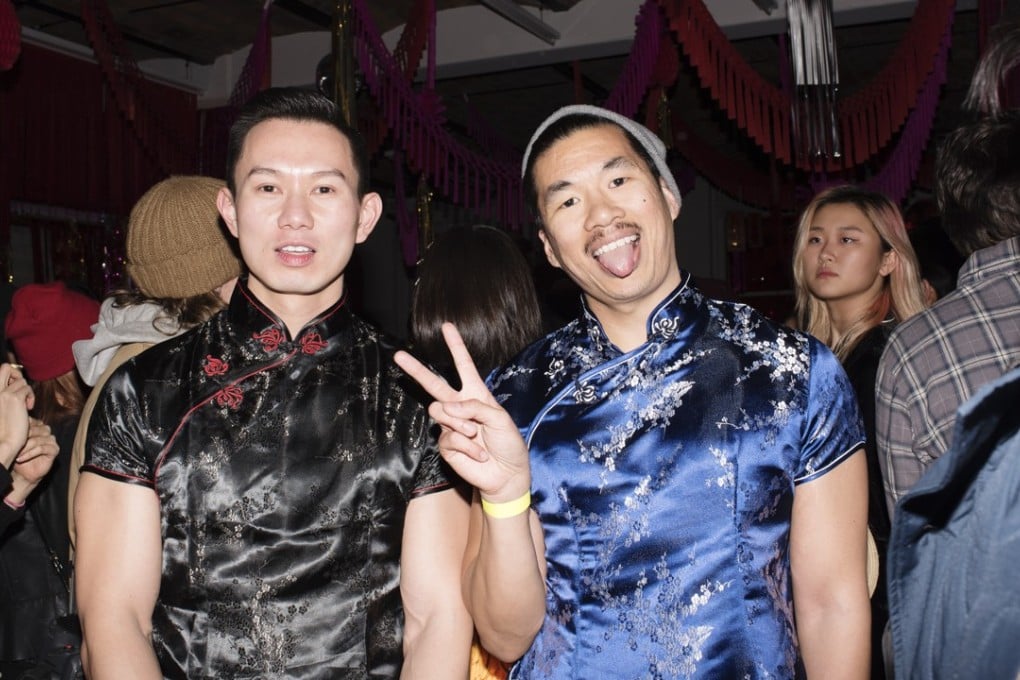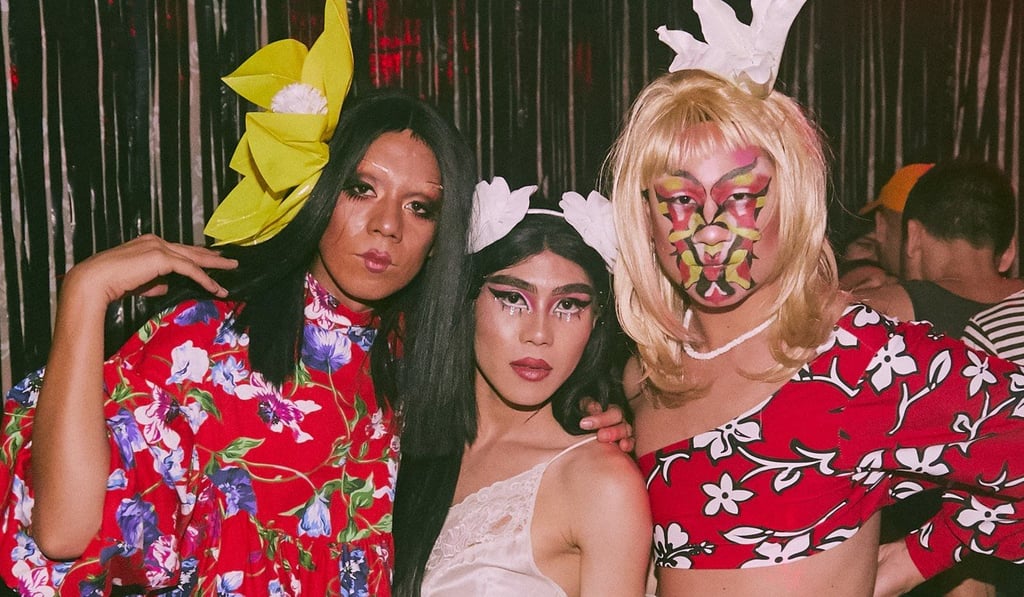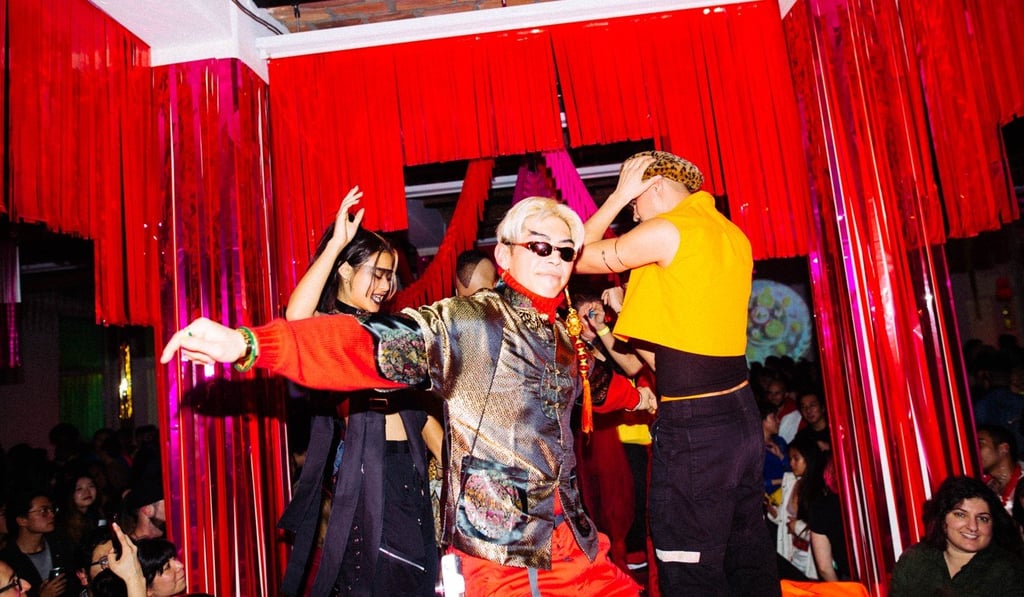Bubble_T, New York’s hottest gay Asian event, grows bigger, but is losing its Asian majority
Parties hosted by the gay Asian-American community group in New York have quickly taken their place among the city’s hottest events, but its founders, and regulars, worry their popularity is causing the crowd to become less ‘gaysian’

When Bubble_T began, it was a bit of a kickback. Now a roving New York-based party celebrating queer Asian-Americans, the event began as a relaxed spot for friends of the founders, finding inspiration in Filipino garage parties prevalent on the US west coast.
Vietnamese crowned queen in Thai transgender beauty pageant
“In the beginning it was super casual,” Stevie Huynh, one of the five founders says over dim sum in Manhattan. “It wasn’t like, ‘Oh this is an inclusive Asian party,’ it was just, ‘Oh our friends are going to come and hear us play music.’ We were always passive participants at these other parties and then The Rosemont offered us their space.”

Last month, in Brooklyn, attendees queued for up to 45 minutes to get into the space, which featured three distinct rooms, gogo boys like MASSIVE’s Henry Lau in a lace onesie, as well as drag queens. On March 16 they co-hosted an event in collaboration with Papi Juice, a popular party and collective for people of colour that has held events across North America.
The five founders of Bubble_T have been friends for about a decade, mostly working in fashion and art. Huynh and Pedro Vidallon are both DJs who by day work as a make-up artist and designer respectively.

“We didn’t have any grand plans when we started,” says Vidallon. “We just wanted to hang out and play music to speak to our culture, with our friends.”